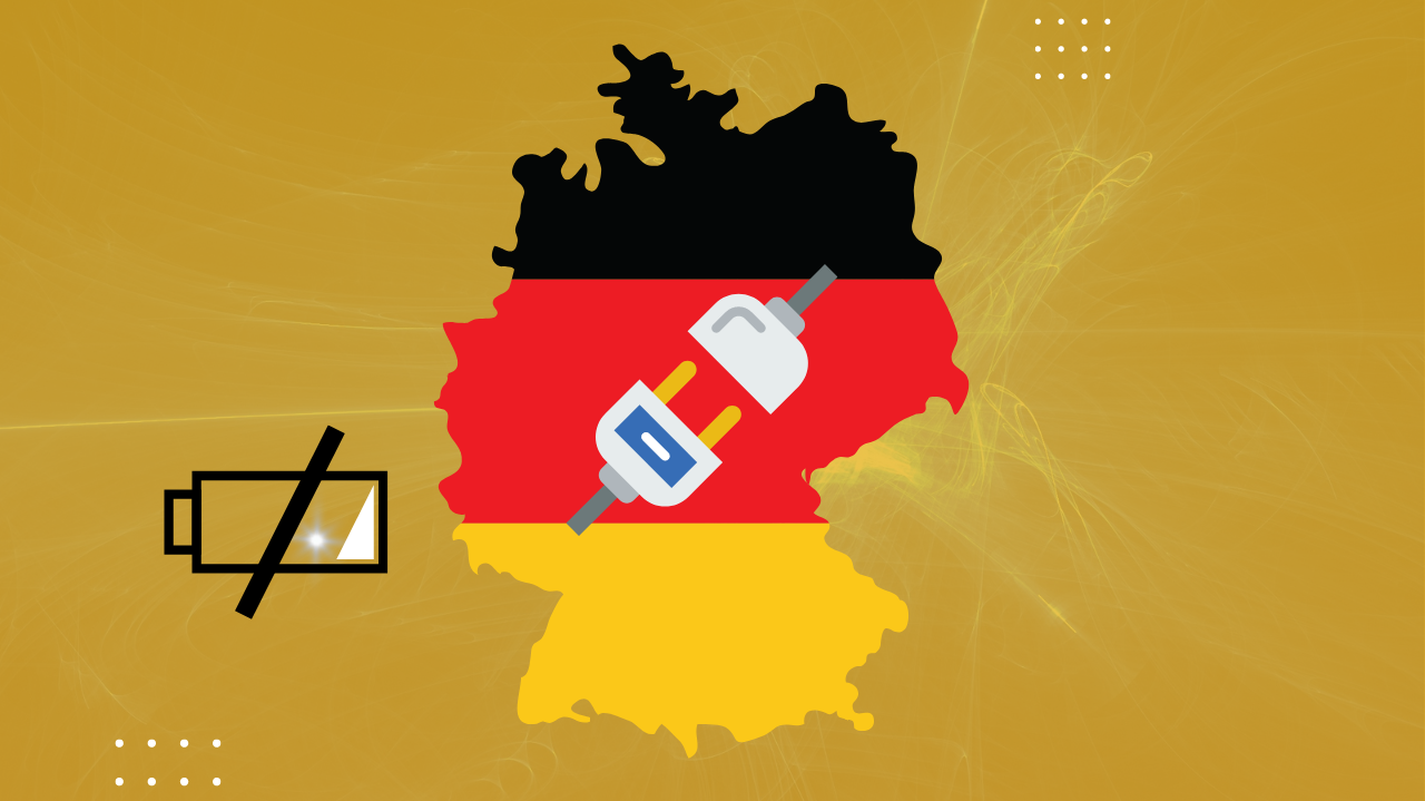
Germany’s Economy Bruised by Energy Shortage
Do you want 999.9 parts per thousand, LBMA-certified gold? Head over to our website at https://utopianglobal.com/ to invest!
Germany, touted as a manufacturing superpower, faces its own set of economic issues caused by a reduced supply from Russia.
Source: pexels.com
Germany, used to importing cheap Russian energy, now struggles to keep its economy running smoothly after recent U.S and G7 sanctions.
The low-priced supply of energy combined with unions integrated in management boards to control wages allowed the European country to cheaply produce and export more goods than it imported.
According to the International Energy Agency, Germany relied on Russia for about 46% of its natural gas consumption in 2020.
Germany is now turning to more expensive alternatives to keep its companies and homes running.
Four separate instances in Germany show the same trend of energy impoverishment.
Siempelkamp faces high prices on two fronts
Manufacturing company Siempelkamp Giesserei faces problems on two fronts: high precious metals prices and high energy prices.
Siempelkamp’s foundry burns enough energy to power a town of 20,000 people.
The company paid between $43 and $53 per megawatt hour of electricity before the Russia-Ukraine conflict.
Average prices in March were set at $267 per megawatt hour.
Instead of cutting production, Siempelkamp Giesserei has chosen to pass these high costs onto their clients with the expectation that it will be passed onto consumers.
Uniper reaches out to German government for bailout
Energy Supplier Uniper has been receiving 40% of its contractually guaranteed gas from Russia’s Gazprom.
To procure the rest of its energy, Uniper had to pay higher prices on the world market.
The company has asked for state help and there may be a $9 billion dollar subsidy on the table.
Uniper filed a bailout application on the 8th of July.
According to Uniper’s statement, the company is seeking stabilization measures to cease its current accumulation of losses, cover its liquidity needs and protect Unipers investment grade credit rating.
German Chancellor Olaf Scholtz comments during a visit to a trade fair in Munich may provide assurance to Unipers management and employees, “This is a company that is of great importance to large parts of the economy and to many consumers … Everyone can be sure: we will play our part to save Uniper.”
Housing company announces increase in heating prices
A housing company in Berlin has announced a 100% increase in heating prices for apartments heated with gas or oil.
Germany’s largest residential company to reduce heating
Vonovia, Germany’s largest residential company, plans to cut its heating to a level of 170 Celsius between 11 am and 6 pm for its apartments.
The company’s cost cutting measure is expected to save 8% on heating costs.
Vonovia is heavily dependent on gas which supplies 55% of its heating system.
The company said it is currently informing consumers that high energy prices will require increased payments in the future.
This article is sourced from the following links:
German inflation: Soaring costs and shortages push industry to the brink - CNN
German energy giant Uniper asks for bailout amid Ukraine war - ABC News (go.com)
Germany's largest landlord to reduce heating for tenants to save energy | Reuters



